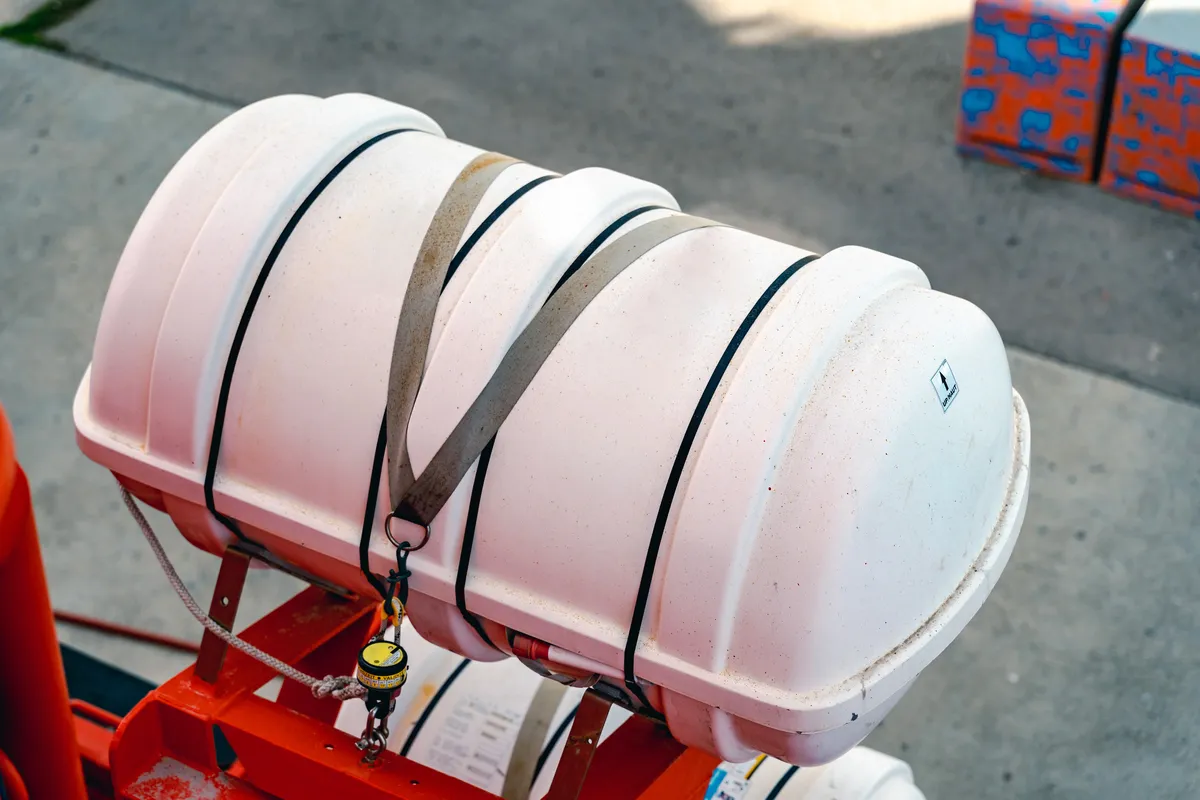Making a purchase on a used vehicle is a savvy financial decision that will not only provide substantial cost savings, but also provides a dependable mode of transportation. To facilitate a wise purchase that is within your budget, think about these practical suggestions when navigating the expansive landscape of used car sales. One of the major benefits of purchasing an used vehicle is the potential for significant savings on your finances. In contrast to new vehicles that suffer rapid depreciation during their first years, used cars have already weathered the financial storm, making them a more cost effective option. This prudence in financial planning will not only allow you to secure reliable transportation but can also help you save money for other important aspects of your life. Beyond the personal benefits to the financial, buying an older vehicle comes with environmental advantages. It directly contributes to reducing the annual production of new cars which in turn diminishes the environmental impact associated with the production of automobiles. If you are seeking for additional info on finance on used cars, go to the earlier mentioned website.
The production process requires significant energy consumption and extraction of raw materials. By prolonging the life span of cars that are already in use through the used car market people are actively involved in fostering a more sustainable and environmentally friendly approach to the automobile industry. When you are looking to enter the used market for cars, it’s imperative to commence the process with a well established budget. This financial parameter serves as a guideline throughout your search, ensuring that you are able to explore the possibilities within your budget. Establishing a budget is a essential step to avoid impulsive decisions and helps in the selection of a vehicle that fits your financial capabilities. Conducting thorough research on different makes and models is equally crucial. Online reviews and expert opinions can provide useful information about the performance, reliability, and possible issues with different models. Armed with this information, you can make an informed decision that’s not just a good fit for your personal preferences, but also complies with your particular requirements for transportation.
Another important step in the used car purchasing journey is scrutinizing the car’s past. A thorough report that outlines prior incidents, maintenance records, and ownership details is instrumental in understanding the overall condition of the car. This is especially important because it will reveal any warning signs that could influence your choice. Before you make a purchase, think about having the vehicle professionally inspected by a qualified mechanic. This extra level of inspection ensures that any hidden issues are identified, providing you with assurance that the car is in good working order. Test drives, though useful, isn’t always able to reveal underlying problems that a trained eye can spot. A used car purchase is a strategic move that combines financial prudence and environmental responsibility. By following a structured plan that includes establishing a budget, conducting extensive research, looking into the car’s history and arranging for expert inspections, you will be able to confidently navigate the used car market. This not only results in an enjoyable purchase that is in line with your expectations, but it can also help create a more sustainable automotive landscape.





